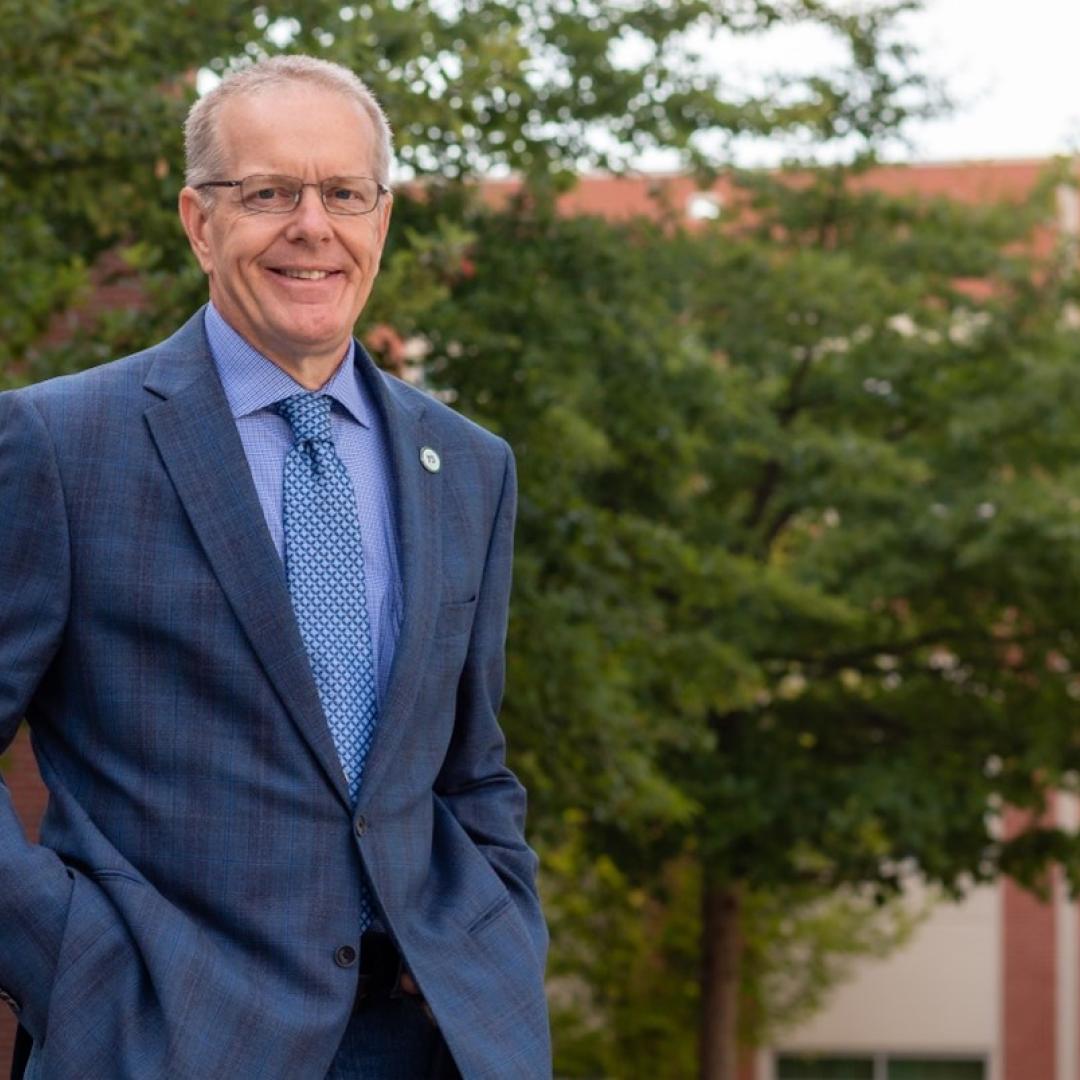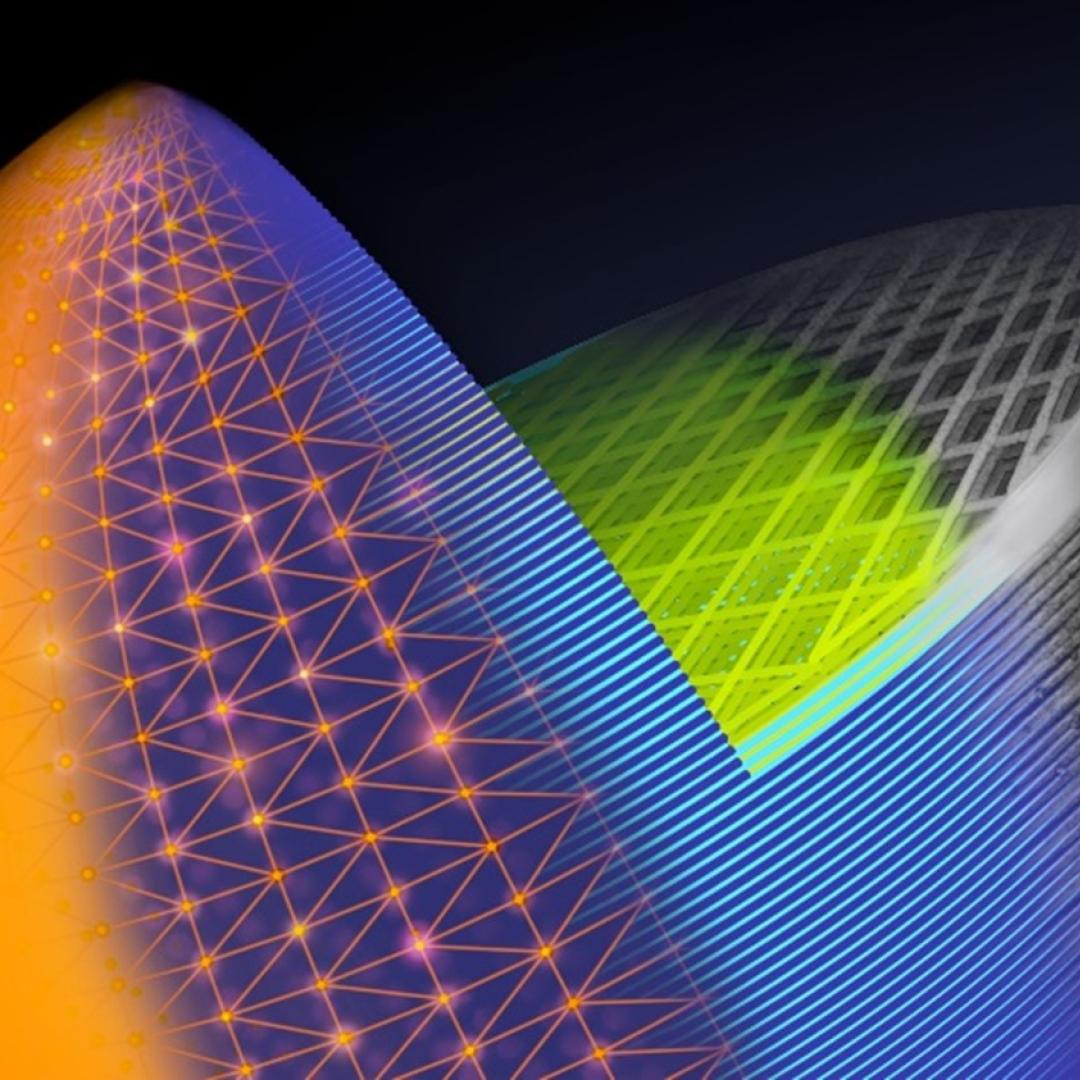
Filter News
Area of Research
- Advanced Manufacturing (4)
- Biological Systems (2)
- Biology and Environment (58)
- Clean Energy (34)
- Computational Biology (2)
- Computational Engineering (1)
- Computer Science (5)
- Electricity and Smart Grid (1)
- Functional Materials for Energy (1)
- Fusion and Fission (41)
- Fusion Energy (13)
- Isotopes (8)
- Materials (60)
- Materials for Computing (8)
- National Security (19)
- Neutron Science (68)
- Nuclear Science and Technology (32)
- Nuclear Systems Modeling, Simulation and Validation (1)
- Quantum information Science (2)
- Supercomputing (48)
News Type
News Topics
- (-) Artificial Intelligence (67)
- (-) Bioenergy (71)
- (-) Biomedical (43)
- (-) Fusion (47)
- (-) Neutron Science (86)
- (-) Nuclear Energy (86)
- (-) Physics (38)
- (-) Security (15)
- 3-D Printing/Advanced Manufacturing (85)
- Advanced Reactors (26)
- Big Data (42)
- Biology (81)
- Biotechnology (14)
- Buildings (42)
- Chemical Sciences (42)
- Clean Water (27)
- Climate Change (77)
- Composites (19)
- Computer Science (137)
- Coronavirus (32)
- Critical Materials (15)
- Cybersecurity (23)
- Decarbonization (56)
- Education (1)
- Emergency (2)
- Energy Storage (74)
- Environment (158)
- Exascale Computing (28)
- Fossil Energy (4)
- Frontier (28)
- Grid (46)
- High-Performance Computing (65)
- Hydropower (11)
- Irradiation (3)
- Isotopes (40)
- ITER (6)
- Machine Learning (34)
- Materials (107)
- Materials Science (97)
- Mathematics (7)
- Mercury (10)
- Microelectronics (2)
- Microscopy (39)
- Molten Salt (7)
- Nanotechnology (40)
- National Security (45)
- Net Zero (10)
- Partnerships (22)
- Polymers (22)
- Quantum Computing (26)
- Quantum Science (44)
- Renewable Energy (1)
- Simulation (41)
- Software (1)
- Space Exploration (23)
- Statistics (1)
- Summit (38)
- Sustainable Energy (95)
- Transformational Challenge Reactor (4)
- Transportation (72)
Media Contacts

The Department of Energy’s Oak Ridge National Laboratory hosted the second 2023 cohort of the International Atomic Energy Agency’s Lise Meitner Programme in October.
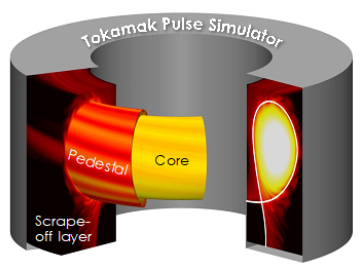
ORNL will lead three new DOE-funded projects designed to bring fusion energy to the grid on a rapid timescale.
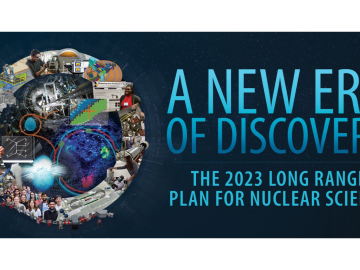
ORNL, a bastion of nuclear physics research for the past 80 years, is poised to strengthen its programs and service to the United States over the next decade if national recommendations of the Nuclear Science Advisory Committee, or NSAC, are enacted.
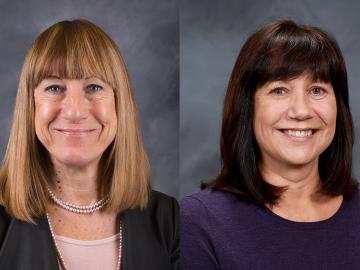
ORNL’s Fulvia Pilat and Karren More recently participated in the inaugural 2023 Nanotechnology Infrastructure Leaders Summit and Workshop at the White House.
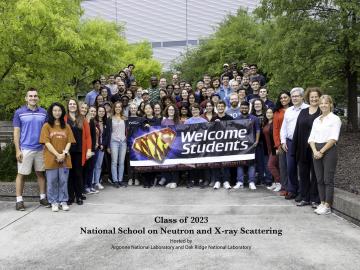
In 2023, the National School on X-ray and Neutron Scattering, or NXS, marked its 25th year during its annual program, held August 6–18 at the Department of Energy’s Oak Ridge and Argonne National Laboratories.
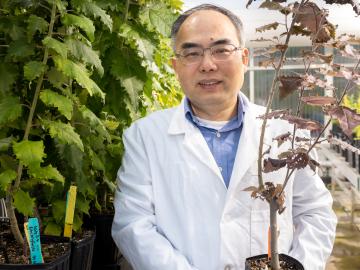
Scientist Xiaohan Yang’s research at the Department of Energy’s Oak Ridge National Laboratory focuses on transforming plants to make them better sources of renewable energy and carbon storage.
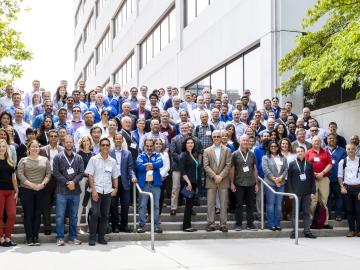
ORNL hosted its annual Smoky Mountains Computational Sciences and Engineering Conference in person for the first time since the COVID-19 pandemic.
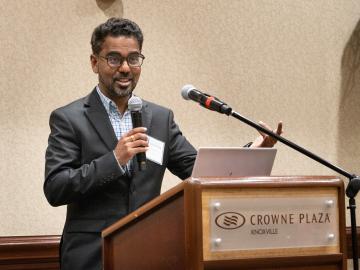
The Department of Energy’s Oak Ridge National Laboratory hosted its Smoky Mountains Computational Science and Engineering Conference for the first time in person since the COVID pandemic broke in 2020. The conference, which celebrated its 20th consecutive year, took place at the Crowne Plaza Hotel in downtown Knoxville, Tenn., in late August.
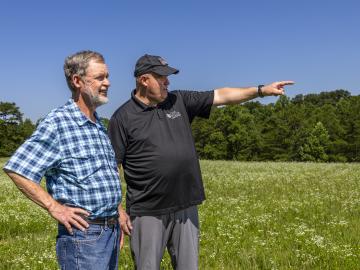
Carl Dukes’ career as an adept communicator got off to a slow start: He was about 5 years old when he spoke for the first time. “I’ve been making up for lost time ever since,” joked Dukes, a technical professional at the Department of Energy’s Oak Ridge National Laboratory.

ORNL is leading two nuclear physics research projects within the Scientific Discovery through Advanced Computing, or SciDAC, program from the Department of Energy Office of Science.


